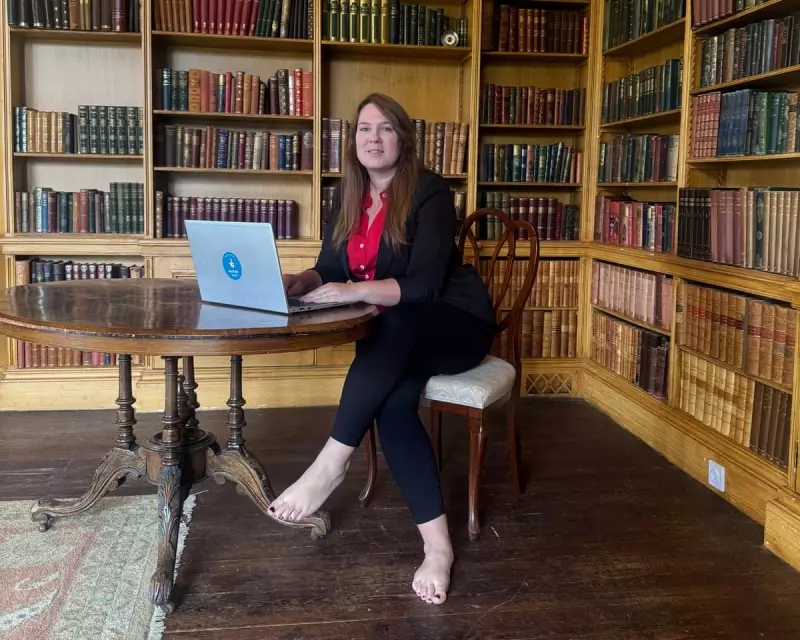
Imagine arriving at work and being encouraged to kick off your shoes at the door. This isn't a yoga studio or a spa—it's the new reality in forward-thinking offices across Britain. The traditional corporate dress code is being quietly revolutionised as more companies adopt footwear-free policies.
Why Offices Are Embracing the Barefoot Revolution
The movement isn't just about comfort—it's backed by compelling benefits that are convincing employers to rethink workplace norms. Companies report that allowing employees to work without shoes creates a more relaxed, creative atmosphere that mirrors the comfort of home.
The Wellbeing Benefits Driving Change
Proponents argue that going shoeless reduces physical strain and improves posture. "Many people don't realise how restrictive shoes can be throughout the day," explains workplace ergonomics specialist Dr Emma Richardson. "Allowing feet to move naturally can alleviate back pain and improve circulation."
Beyond physical comfort, the psychological benefits are equally significant. The simple act of removing shoes creates a mental shift, helping employees transition from commute stress to focused work mode.
Practical Considerations and Implementation
Of course, the transition requires careful planning. Offices implementing these policies typically provide:
- Dedicated shoe storage areas near entrances
- Complimentary slippers for visitors and clients
- Enhanced cleaning protocols to maintain hygiene
- Clear guidelines about appropriate indoor footwear
The Productivity Paradox: Comfort Equals Output
Contrary to concerns about professionalism, companies report that comfortable employees are more productive employees. Tech startups and creative agencies were early adopters, but the trend is now spreading to more traditional sectors including marketing firms and even some financial services companies.
"We've noticed a marked improvement in team collaboration since introducing our flexible footwear policy," says Mark Thompson, operations director at a London-based design agency. "There's something about being more physically comfortable that breaks down formal barriers and encourages open communication."
Addressing the Skeptics
Not everyone is convinced. Critics worry about hygiene and maintaining professional standards. However, offices with successful implementations emphasise that the policy is about choice rather than compulsion, and meetings with external clients can still require traditional business attire.
The trend reflects broader shifts in workplace culture post-pandemic, as companies prioritise employee wellbeing and recognise that productivity isn't tied to formal dress codes. As one HR manager noted, "If being slightly more comfortable helps retain talented staff, it's a small change with significant returns."
As this footwear-free movement gains traction, it challenges long-held assumptions about what constitutes a professional work environment—proving that sometimes, the best ideas are ones you can really feel comfortable with.





